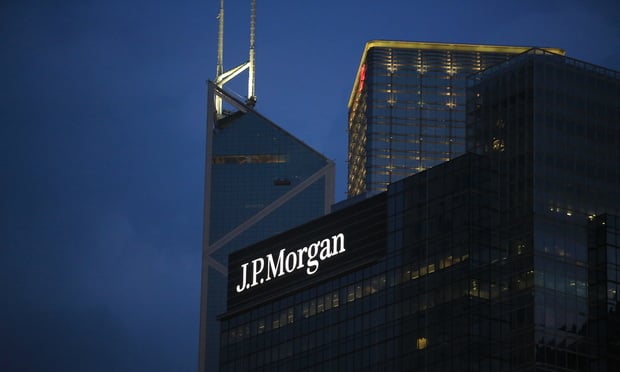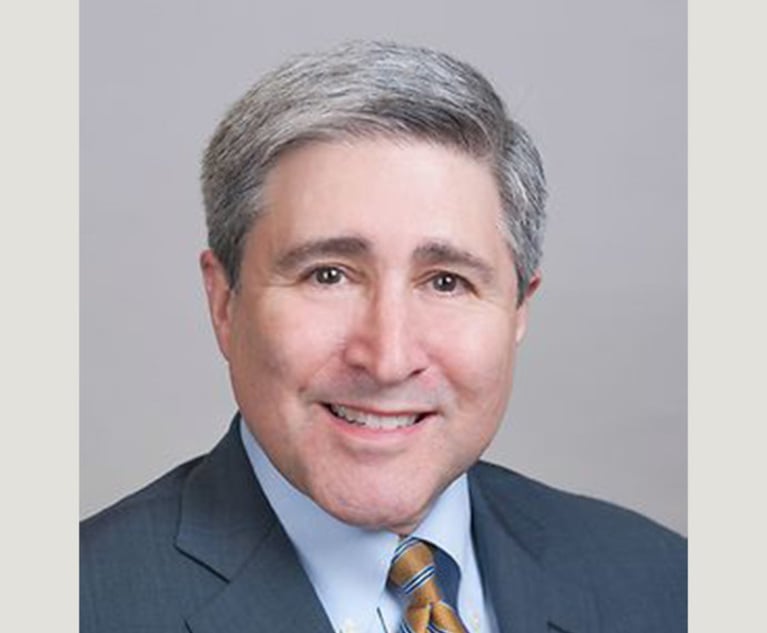U.S. regulators opened a new path Wednesday for small companiesto raise money in less-regulated, mini public offerings.
|Small businesses will be able to raise as much as US$50 millionfrom the general public without certain regulatory hurdles, such asapproval from every state where the firm has investors. TheSecurities and Exchange Commission (SEC) unanimously approved therule.
|The regulation stems from a provision in the 2012 JOBS Act thatwas pushed by the financial industry, including investment bankerWilliam Hambrecht, who helped take public companies such as AppleInc. and Google Inc. Hambrecht has said he plans to underwrite suchofferings.
|Critics including the state regulators have warned that theless-regulated offerings open the door to fraud. The SEC's rules,which were proposed two years ago, will make many deals greaterthan $20 million entirely exempt from review by stateregulators.
|Businesses have argued that the rule will make it easier forthem to raise capital and create jobs.
|“You're talking about companies that are further along in theirlifecycle and are looking for millions of dollars,” said D.J. Paul,a fundraising consultant for small companies who sits on an SECadvisory committee. “Those tend to be companies that deploy thatmoney toward the creation of jobs and actual research anddevelopment.”
|High-Frequency Trading
|Investors who put money into firms through the mini-IPOs couldeventually trade the shares on so-called venture exchanges, whichare being studied by the SEC. The less-regulated markets couldbecome a home for smaller companies whose shares trade lessfrequently, SEC Chair Mary Jo White said last month.
|State officials have fought efforts to limit their involvementin smaller stock offerings, saying such deals are often risky andcan be a source of fraud. Under the SEC's rules, they will retainthe authority to vet offerings under $20 million that lack standardfinancial disclosures, such as audited statements and periodicfinancial updates.
|Companies that provide the enhanced disclosures and limit theparticipation of less wealthy investors will be able to avoid statereview of their deals.
|The SEC also unanimously approved a proposal that allhigh-frequency traders register with the Financial IndustryRegulatory Authority (Finra), the brokerage industry'sself-regulator. Some proprietary-trading firms have taken advantageof a regulatory exemption to avoid Finra oversight of theirbusiness.
|The SEC's plan would change that, giving Finra the ability toconduct compliance exams and bring enforcement actions forviolations.
|“This measure would significantly strengthen regulatoryoversight over active proprietary trading firms and the strategiesthey use,” White said.
|Copyright 2018 Bloomberg. All rightsreserved. This material may not be published, broadcast, rewritten,or redistributed.
Complete your profile to continue reading and get FREE access to Treasury & Risk, part of your ALM digital membership.
Your access to unlimited Treasury & Risk content isn’t changing.
Once you are an ALM digital member, you’ll receive:
- Critical Treasury & Risk information including in-depth analysis of treasury and finance best practices, case studies with corporate innovators, informative newsletters, educational webcasts and videos, and resources from industry leaders.
- Exclusive discounts on ALM and Treasury & Risk events.
- Access to other award-winning ALM websites including PropertyCasualty360.com and Law.com.
*May exclude premium content
Already have an account? Sign In
© 2024 ALM Global, LLC, All Rights Reserved. Request academic re-use from www.copyright.com. All other uses, submit a request to [email protected]. For more information visit Asset & Logo Licensing.








